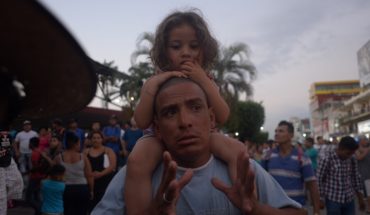There are only a few days left for the citizens to vote each one at most, for seven popular initiatives of norm, proposed for the new Constitution. This is how from the Global Compact we have worked together with other institutions convened by SOFOFA, on issues that generate consensus and that can contribute to the new Constitution. To this end, we developed a document on relevant environmental issues where we addressed, among others, the management of natural resources, the administration of water resources and the rights of nature, disseminating these proposals and inviting some constituents to participate in the discussion. One of the conclusions was to include a norm initiative called “For a Sustainable Constitution”, which until today has a low vote, perhaps due to lack of dissemination or understanding of its importance and impact.
Calling for sustainable development is fundamental and broad in its conception, since it will illuminate the development of all economic activities under the gaze of a balance between the economic, the social, and the environmental. The constitutional framework will be key to generating the necessary conditions for the progress of the country, in general, and of productive activity, in particular, therefore, the search for a healthy balance between social progress, economic growth and environmental protection, becomes an urgent imperative.
But why is progress so important for a country? To solve one of the main problems of humanity: Poverty. In 2015, the United Nations Summit on Sustainable Development was held, an instance in which more than 150 world leaders adopted the new 2030 Agenda, of the 17 Sustainable Development Goals that precisely seek to eliminate poverty with demanding goals on health, education and gender equality, universal goals that apply to all countries and all people, putting these, in the center. In this way, the concept of Sustainable Development has a clear intergenerational stamp implicit, since it states that the progress of the present generation could mean a pressure on scarce natural resources, which would cause harm to future generations.
With the consecration of Sustainable Development as a constitutional principle, a commitment to the implementation of the UN 2030 Agenda is fostered, a strategy that offers a reasonable, balanced and oriented framework for the common good, indicating a concrete and detailed route that can become a fundamental axis of the New Constitution.
It is evident then, that the discussion on Sustainability does not have to do with a particular economic development model, but with the necessary constitutional articulation of guarantees to people and their environment. In fact, the Environmental Performance Index (EPI 2020), which ranks 180 countries in environmental health and ecosystem vitality, shows that there is a positive correlation between GDP per capita and environmental.
In short, the support of all those who share this concept and visualize its importance is needed, since the deadline for voting is over, and we cannot miss this historic opportunity.
The content expressed in this opinion column is the sole responsibility of its author, and does not necessarily reflect the editorial line or position of El Mostrador.





